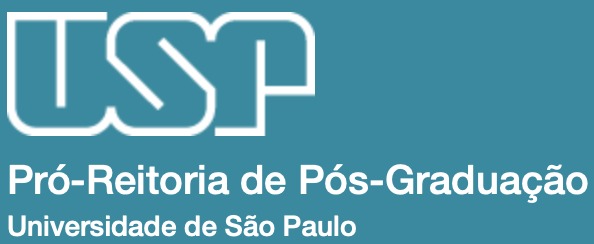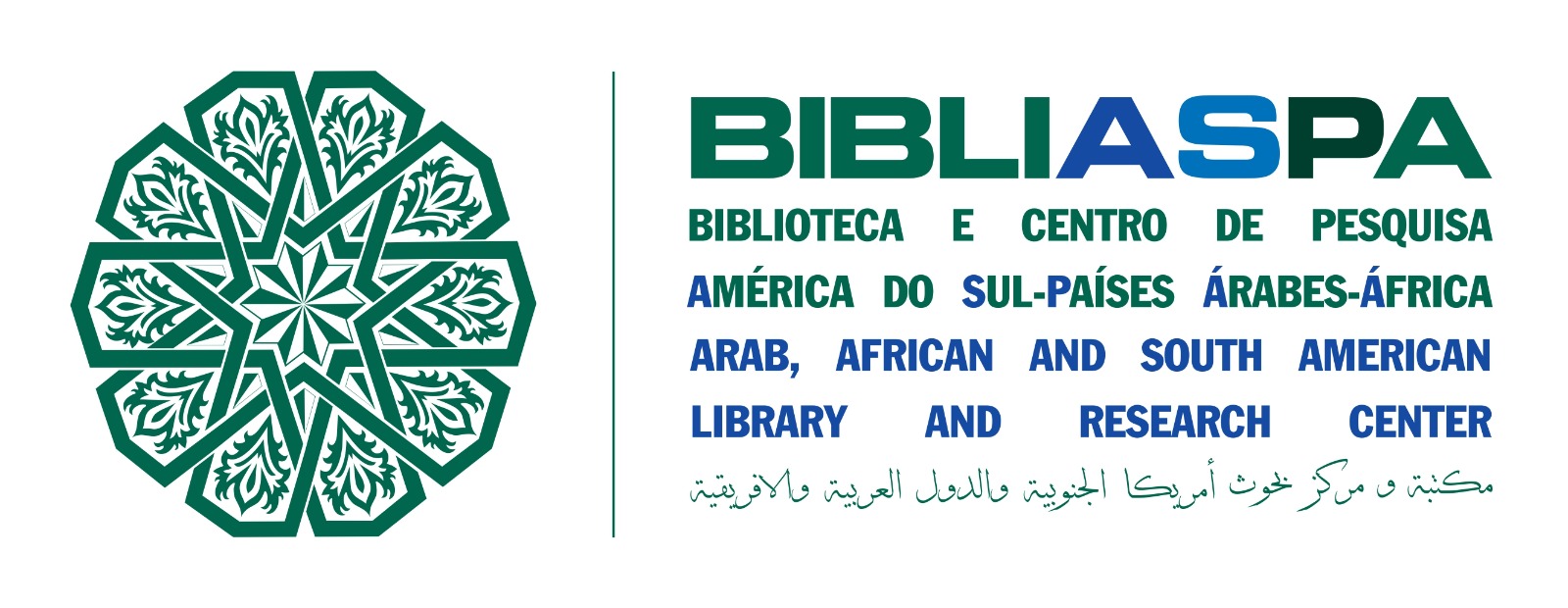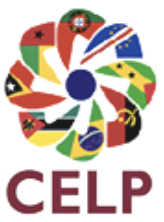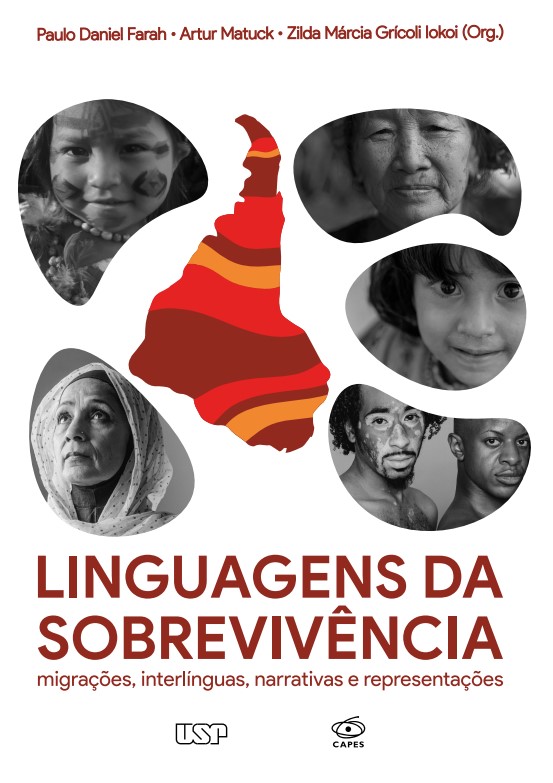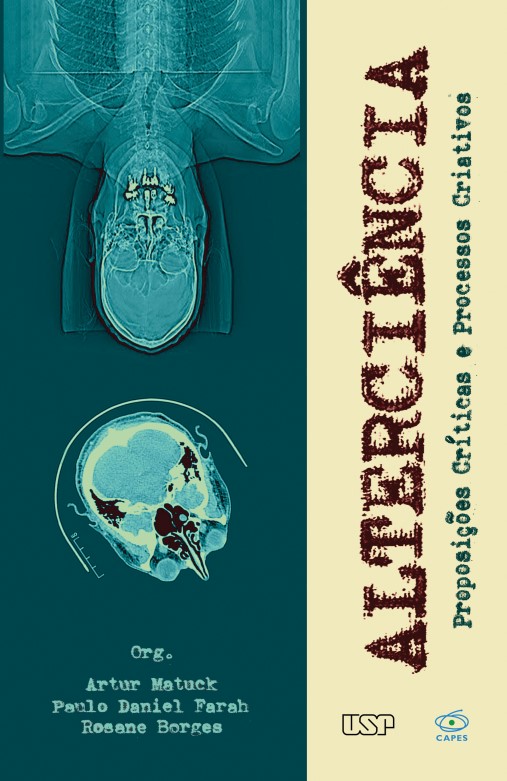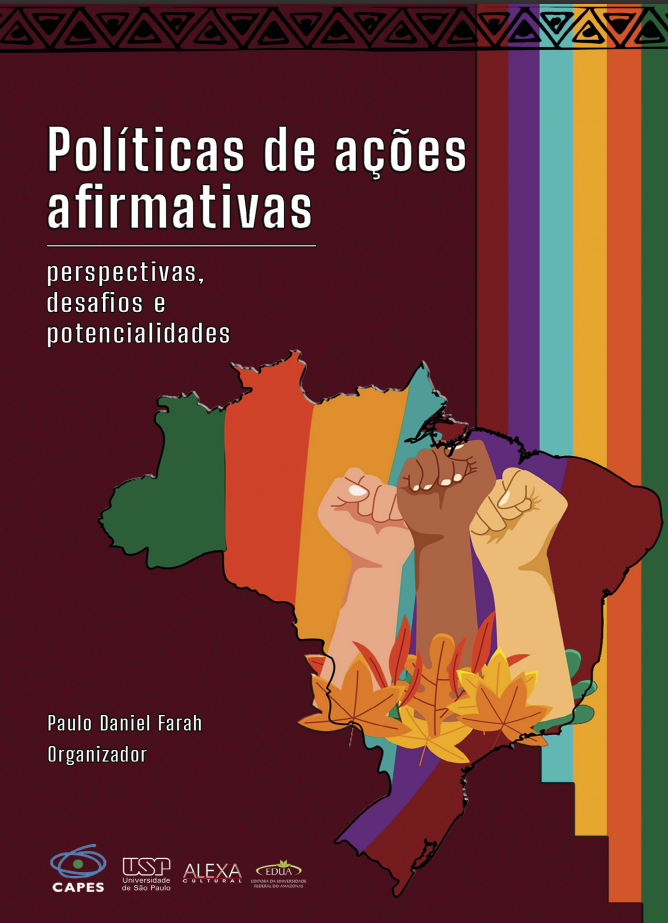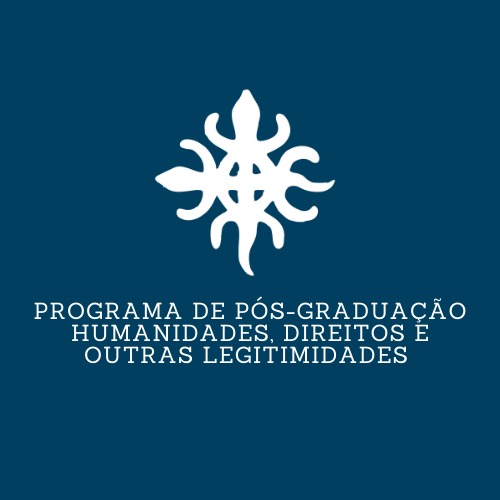
Linked to the School of Philosophy, Languages, Literature and Humanities (FFLCH) at USP, it is an interdisciplinary Graduate Program that brings together researchers from different areas of knowledge such as history, literature, sociology, communications, arts, anthropology, psychology, geography, law, linguistics, occupational therapy and environment. In this context, the PPGHDL brings together faculty members from several USP units, including but not limited to the School of Communication and Arts (ECA), School of Arts Sciences and Humanities (EACH), School of Law (FD), Institute of Psychology (IP) and the Occupational Therapy area of the School of Medicine (FMUSP).
The Graduate Program in Humanities, Rights and Other Legitimacies (PPGHDL) at the University of São Paulo (USP) is organized around the following lines of research:
- Corporalities, alterities, territories and modes of existence;
- Literary, historiographical, linguistic, narrative, culture and education studies;
- Creative media, social movements and emerging rights; and
- Powers, politics and resistance.
The current themes related to the UN 2030 Agenda for Sustainable Development stand out – whose plan indicates 17 SDGs and 169 goals to promote a dignified life for all. The 2030 Agenda recognizes that migration is an important process for sustainable development, as well as the fight against racism, xenophobia, religious intolerance, LGBTOIA+phobia and other forms of oppression. The Program in Humanities, Rights and Other Legitimacies aims to develop research that helps integrate these themes into the planning of local and national public policies, as well as to ensure the participation of communities in the formulation of actions and policies that concern them, guaranteeing agency to these people and groups. Therefore, we value interdisciplinary and systematic dialogue around issues pertinent to the knowledge of black, indigenous, quilombola, riverside, immigrant, refugee, African, people with disabilities, trans, non-binary and LGBTQIA+ people, gender perspective, urban, rural and peripheral cultures.
Based on the conviction that inclusion, belonging, and permanence are public universities' obligations, our Graduate Program reserved 50% of the vacancies in the selection process announcement in 2023 and 80% in 2024. In 2025, 50% of the vacancies were allocated. In addition to the quotas, our Graduate Program has partnerships with civil society movements – such as Educafro and BibliASPA – to promote preparatory courses for postgraduate studies and to promote the UN's 2030 Agenda, in partnership with public and private bodies.
Through inter/transdisciplinary, critical transcultural, intersectional, and anticolonial approaches and theoretical frameworks (encompassing proposals from subaltern, postcolonial, decolonial, and countercolonial studies), understanding that the hegemony of scientific knowledge usually achieves legitimacy through the disqualification of the “other” and their collective experiences – and therefore, their knowledge and practices –, it recognizes and values other legitimacies.
In the master's program, the maximum time limit for completion is 30 months (and the Graduate Program recommends it to be 24 months); in the doctoral program, 48 months; and in the direct doctoral program, 54 months.
Coordination
Prof. Dr. Paulo Daniel Farah (Coordinator)
Prof. Dr. Rejane Vecchia da Rocha e Silva (Vice-coordinator)







